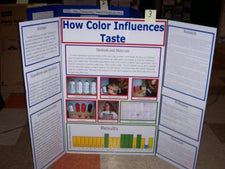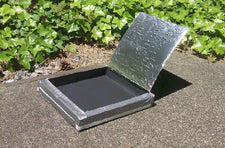Writing Instruments & Fatigue: Is There An Optimal Writing Instrument for School?
 Notes. Completing worksheets. Taking tests. Writing essays. Students do a lot of writing during the school day which can often lead to hand discomfort and fatigue! For those students interested in health and the human body, it might be fun to explore the correlation between writing instruments and writing fatigue, testing various types of writing instruments to determine if there is an optimal writing tool they can use at school. Since the most common writing tools used at school are pencils and pens, we suggest focusing on these. You might consider testing;
Notes. Completing worksheets. Taking tests. Writing essays. Students do a lot of writing during the school day which can often lead to hand discomfort and fatigue! For those students interested in health and the human body, it might be fun to explore the correlation between writing instruments and writing fatigue, testing various types of writing instruments to determine if there is an optimal writing tool they can use at school. Since the most common writing tools used at school are pencils and pens, we suggest focusing on these. You might consider testing;
- A simple #2 pencil
- A #2 pencil with gel pencil grip
- Mechanical pencils
- A standard ballpoint pen
- A gel pen
- Ergonomic pencils and pens
Once you've selected the instrument test group, you'll need to come up with a written phrase that your test subjects will write over and over, as well as decide on the desired age of test subjects. [NOTE: Since the writing utensil is the independent variable - the one that is changed throughout the experiment - you'll need to keep the age/skill level of the participants constant.] Monitoring and recording the amount of time it takes for each test subject to experience writing fatigue, you should be able to determine which writing instrument causes the least fatigue and is, therefore, the best choice (out of your test group) for students to use!



















